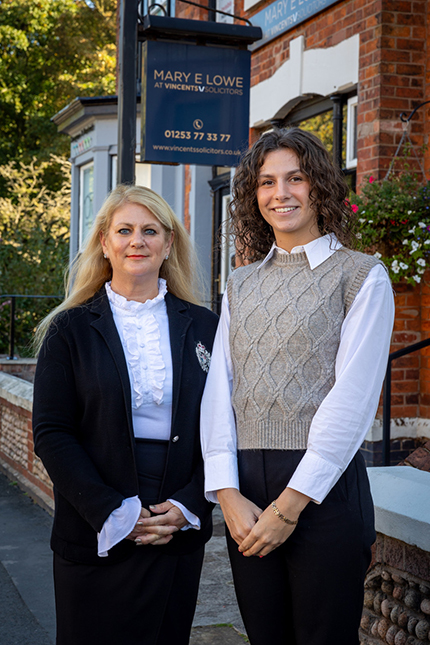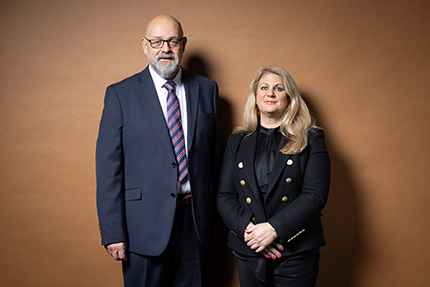Family Loans
Are you considering helping out a member of your family with a Family Loan?
Read on to find out how to protect that investment.
How do I protect any money I give as a Family Loan?
It is increasingly common for people to receive help from parents or other family members to buy their first homes, or even pay off an existing mortgage. If this is to be done, both parties should consider in advance: is the money a gift or a loan?
Ideally, before entering into any arrangement, you need to set out clear arrangements for repayment.
If it is a loan, you should both consider a formal written agreement with repayment terms, including when the loan should be repaid and the term of the repayment. You might also consider taking a legal charge on the property or becoming a joint owner or shareholder of the property.
If a family member of one half of your couple gifts a lump sum to help buy your property, consideration should also be given to writing up an agreement on how that sum should be accounted for or repaid if you split up in the future, and how the finances or any property equity would be divided.
For advice on how to ensure that such financial contributions are protected when there is an expectation of repayment, or if there is a disagreement between you and your partner about sums one of you has received from a friend or family member, contact our Family Law team for Clear, Precise Advice to avoid any disputes later down the line.
How to Categorise Family Loans
The categorisation of family loans is often disputed during divorce or relationship break-up. Was it a loan expected to be repaid or a gift with no expectation of repayment?
The categorisation matters in ascertaining the financial pot for division. Loans which are often referred to as “hard” or “soft” loans can often perplex clients.
Thankfully, this area of divorce finances has received some clarification in a recent judgement.
A judge must decide if a contractually binding obligation to a third party exists. Once decided, the judge must determine if it is a “hard” or “soft” loan.
Hard loan features:
- the obligation is to a finance company.
- the terms resemble a normal commercial arrangement.
- there is a written agreement.
- steps have been taken to enforce repayment.
- there has been no delay in enforcing the obligation; and/or
- the amount of money involved means the lender is likely to expect repayment.
Soft loan features:
- the lender is a friend or family member who is on good terms with the borrower and is unlikely to want them to suffer hardship.
- the obligation arose informally, and the terms do not have the feel of a normal commercial arrangement;
- no steps have been taken to enforce repayment despite the due date passing.
- there has been a delay in enforcing the obligation; and/or
- the amount of money involved means the lender is more likely to waive repayment.
Hard loans are treated as a liability within divorce finances and must be repaid.
A soft loan is treated as a gift and, as such, it will be part of the financial pot for division in a break-up.
For Clear, Precise Advice about giving or receiving a family loan, contact our experienced Family Law team on 01772 555176
Clear Advice Feels Better.
Meet our team of experts
Frequently asked questions
Family Reviews
Clear Advice Feels Better
Family Court Proceedings Client Testimonial
I just wanted to send a quick email to say thank you very much for all your help and support through my recent Family Court Proceedings, your firm has been brilliant with advice and prompt guidance whenever I needed it.
Thanks again.

Family Law Client Testimonial
It’s been a long year with all this so I’d like to also say thank you for all you and Martin have helped me and the girls it’s massively appreciated.

Family Law Client Thank you
Thank you so much Val you have helped me through this and I feel more confident for tomorrow whatever the outcome is.































































